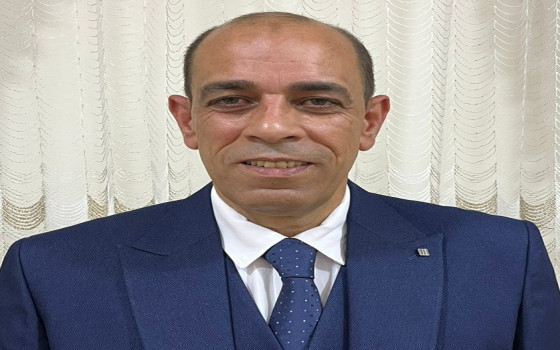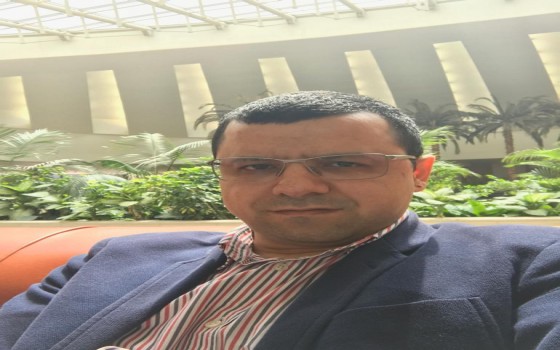
Artificial Intelligence is Advancing Faster Than We Imagine. Prepared by Dr. Abdel Moneim Sedky, Agricultural Research Center, Egypt

- Europe and Arabs
- Thursday , 10 July 2025 10:35 AM GMT
Today, the world is witnessing an amazing development in artificial intelligence techniques, at a much faster pace than most people imagine. This development is not only limited to the smart models that we see today, but it is directed towards radical changes in various aspects of life, from work, education to leisure and daily living. According to the "Axios" website, the pace of change may be faster than we can realize, to the extent that we may not pay attention to the size of the transformation only after it has actually occurred and has become a reality that we live.
Artificial intelligence experts warn that the effect of this technology will be deeper than all previous technical transformations. Professor Anton Corenik of the University of Virginia has indicated that the effect of the Internet appears to be little when compared to the storm that artificial intelligence is about to launch. He added that the continuation of this development at this pace means that we are not ready for what is coming. Samtman, CEO of Openai, who wrote in a publication that the thirties of this century will be completely different from any previous period, with the possibility of transcending the artificial intelligence of human capabilities, which the world will discover soon.
Dario Ameudi, CEO of Anthropic, notes that this technology may lead to the disappearance of half -office office jobs within a short period ranging from a year to five years. As for Jeffrey Henton, one of the most prominent pioneers in this field, he expressed his surprise at the speed of the development of artificial intelligence that exceeded his expectations.
The amazing acceleration in the adoption of this technology has become clear since the launch of the ChatGPT application, as the number of its users reached one million in only five days, compared to Facebook, which needed ten months to achieve this number, and Twitter that needed two years. Despite all these indicators, a large number of people still deal with this technological wave with caution or caution, which Corinique described as a risky approach, especially in light of the uncertainty that surrounds the future of artificial intelligence.
Smart models have not yet reached the level of human intelligence in all aspects, but have evolved greatly in the past two years. And if things continue to this path, we may be on the threshold of systems that exceed human capabilities within a few years only. Some of the manifestations of this shift began to actually appear in the labor market, where Andy Jaci, CEO of Amazon, indicated expectations to reduce the number of employees, while Jim Farley, Ford CEO, stated that artificial intelligence will actually replace half of the employees in office jobs within the United States.
The impact of artificial intelligence exceeds the labor market to reach educational institutions, as teachers throughout the United States suffer from the shock of the rapid use of these technologies in the classroom. The techniques of obstetric intelligence have led to high academic fraud, while the controversy remains on how to confront them. The prohibition of these tools is seen as an insufficient solution. Rather, it is necessary to train students to use artificial intelligence safely and effectively in preparation for the labor market, which will be more dependent on the near future.












No Comments Found